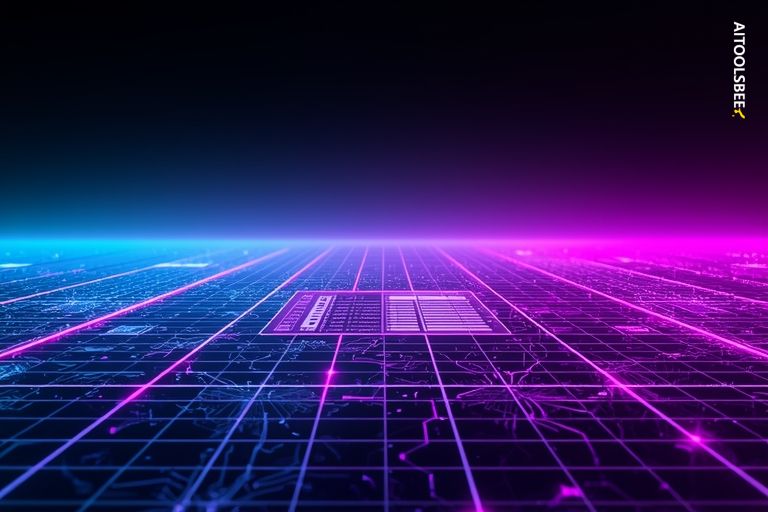
OpenAI Ventures into AI Music with New Tool
OpenAI, valued at $500 billion, is reportedly planning to enter the generative AI music sector. According to The Information, the company is developing a tool capable of creating music from text or audio prompts.
This move places OpenAI in a competitive field of AI music generation platforms, which includes companies like Suno and Udio. These platforms have faced legal challenges from major record labels for alleged copyright infringements during AI training. Other players in this space include ElevenLabs, Boomy, and Beatoven.
Sources indicate that OpenAI's tool could be used to add soundtracks to videos or provide instrumental accompaniment to vocal tracks. It remains uncertain whether OpenAI will release a tool that can generate a complete song from a text prompt, similar to existing platforms.
OpenAI has collaborated with students from the Juilliard School to annotate music scores for training data. The release date and whether the tool will be standalone or integrated into existing products like ChatGPT or Sora remain unknown.
The method by which ChatGPT gathers music data for AI model training is unclear. Since its release, OpenAI has faced lawsuits from various rights holders, including the New York Times and the Authors Guild, for allegedly using copyrighted works without permission.
OpenAI has also been sued by GEMA for reproducing copyrighted lyrics without authorization. However, the company has secured some licensing deals, such as with Shutterstock, which includes access to its audio library.
This is not OpenAI's first attempt at AI music. In 2020, it released Jukebox, a neural network that generated music in various genres and styles, but the tool has since been discontinued. Despite potential legal challenges, OpenAI was recently valued at $500 billion, making it the world's most valuable startup.
OpenAI's entry into AI music generation comes amid a surge in AI-generated content within the music industry. Deezer reported that 28% of tracks uploaded to its platform were fully AI-generated. Some 'AI artists' have achieved millions of plays on streaming services, raising concerns about the impact of AI on music royalties.

